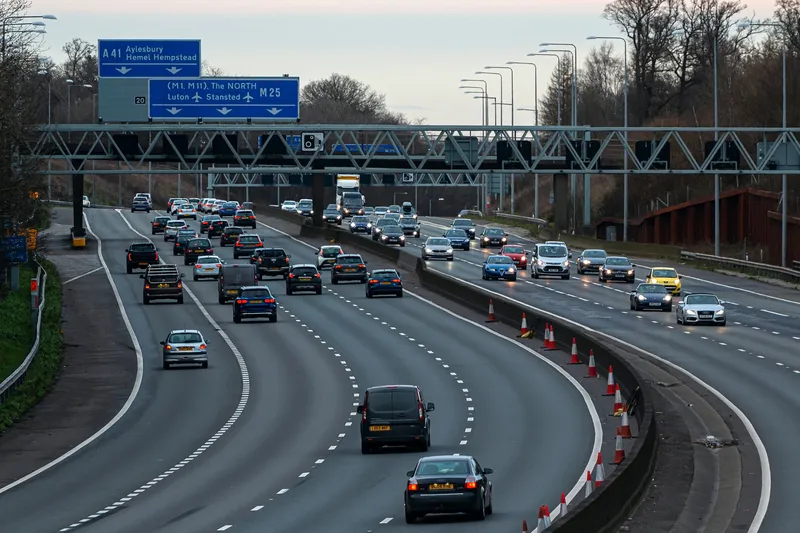Joined-up planning for both passenger and freight traffic across the UK’s road and rail infrastructure is crucial for future prosperity, warn MPs in two new reports.
Effective regulation and long-term funding plans are essential for investment in the strategic road network.
May 8, 2014
Read time: 2 mins
Joined-up planning for both passenger and freight traffic across the UK’s road and rail infrastructure is crucial for future prosperity, warn MPs in two new reports.
Effective regulation and long-term funding plans are essential for investment in the strategic road network.
These are key conclusions from two reports issued today by the Transport Committee - one examining the proposed planning policy framework for nationally significant road and rail infrastructure projects, the National Policy Statement on National Networks and the other examining the strategic road network in England.
Launching the two reports, Louise Ellman MP, chair of the Transport Committee, said that the1837 Department for Transport (DfT) must look at future passenger and freight demand when planning for new road and rail investment. She also stressed the need for a more transparent system for road planning as part of a wider national transport strategy. This includes proper scrutiny of the DfT’s National Transport Model (NTM), which the Department has already conceded does not work well for forecasting London traffic and needs to be reviewed.
Investment will have to rise significantly over the next decade if traffic forecasts are correct, according to the committee. The committee noted that the need for greater investment will come at a time when the growing popularity of more fuel efficient vehicles will result in lower fuel duty tax revenues.
In the report looking at the strategic road network, the Committee concluded that, although it strongly supports the five-year funding plans being introduced for the503 Highways Agency the case for establishing the Agency as a Government-owned company was not convincing. MPs called for a far stronger system of regulatory oversight than is currently proposed.
Effective regulation and long-term funding plans are essential for investment in the strategic road network.
These are key conclusions from two reports issued today by the Transport Committee - one examining the proposed planning policy framework for nationally significant road and rail infrastructure projects, the National Policy Statement on National Networks and the other examining the strategic road network in England.
Launching the two reports, Louise Ellman MP, chair of the Transport Committee, said that the
Investment will have to rise significantly over the next decade if traffic forecasts are correct, according to the committee. The committee noted that the need for greater investment will come at a time when the growing popularity of more fuel efficient vehicles will result in lower fuel duty tax revenues.
In the report looking at the strategic road network, the Committee concluded that, although it strongly supports the five-year funding plans being introduced for the









